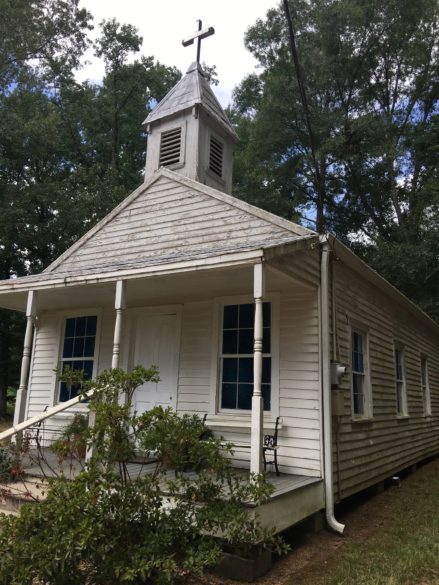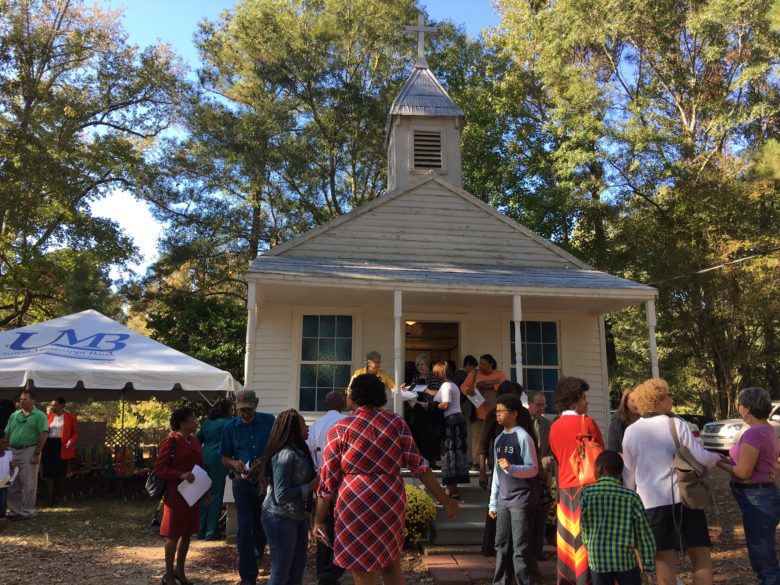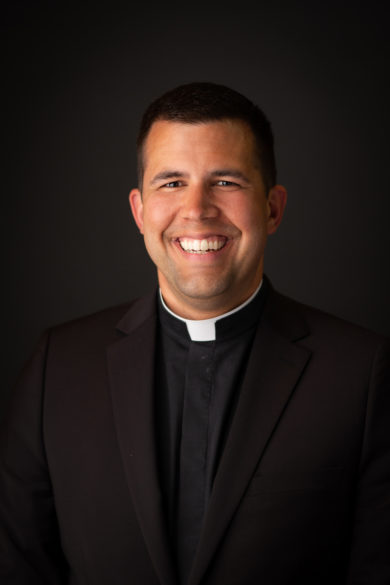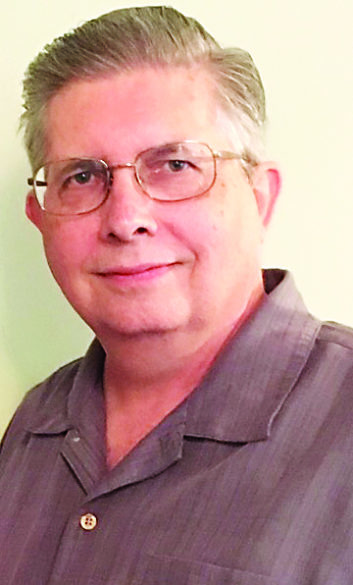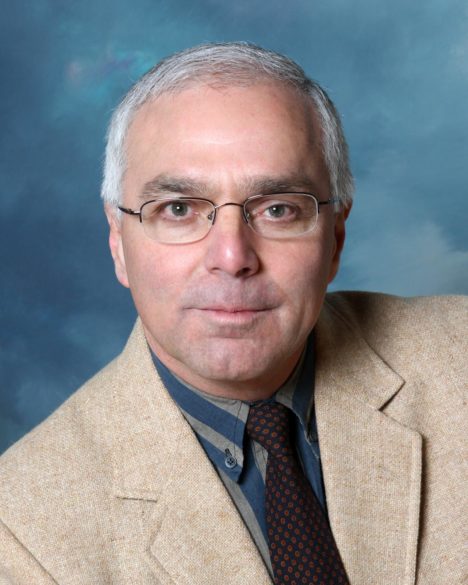Por Padre Clement Olukunle Oyafemi
Hoy, segundo domingo de Pascua, la Iglesia Universal celebra la Solemnidad de la Divina Misericordia. El Papa Juan Pablo II hizo universal esta celebración en el año 2000. La Devoción de la Divina Misericordia, que vino a través de la instrumentalidad de Santa María Faustina, es un gran tesoro y una bendición para la Iglesia de nuestro tiempo. La hermana Maria Faustina Kowalska era una monja polaca que vivió entre 1905 y 1938. En esa época, muchos de los predicadores de la iglesia se centraron más en “fuego y azufre” que en el amor misericordioso y el perdón de Dios. Fue una época en la que mucha gente iba a la iglesia por miedo a ir al infierno; y la misa dominical era más una obligación que una celebración. El Señor Jesucristo se apareció a esta sencilla monja (22 de febrero de 1931) con un mensaje de Misericordia para toda la humanidad. Hoy, nos alegra saber y enfocarnos más en la misericordia de Dios que en nuestras propias debilidades o faltas. La novena y las oraciones de la Divina Misericordia revelan el hecho de que la misericordia de Dios es más grande que cualquier debilidad o pecado humano. Nuestro Dios es un Dios de misericordia y nosotros, como hijos suyos, necesitamos saberlo.
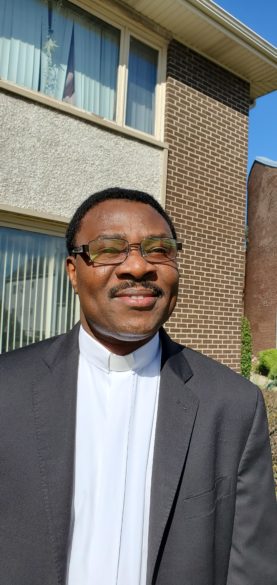
En el pasaje del evangelio de hoy, el Señor Jesús se aparece a sus discípulos y les muestra las manos y el costado. La Biblia atestigua: “ Y ellos se alegraron de ver al Señor. “. (Juan 20:20) El Jesús resucitado confiere a sus discípulos la misión de la que habló en Juan 17:18 “Como me enviaste a mí entre los que son del mundo, también yo los envío a ellos entre los que son del mundo”. La misión de la Iglesia es perpetuar la obra de salvación divina realizada por medio de Cristo. sopló sobre ellos diciendo: “Reciban el Espíritu Santo. 23 A quienes ustedes perdonen los pecados, les quedarán perdonados; y a quienes no se los perdonen, les quedarán sin perdonar” (Juan 20: 22-23). ¿Cuál es el significado de este mensaje? ¿Cómo se aplica a nosotros hoy?
El Espíritu Santo es el agente de la evangelización. Al soplar el Espíritu Santo sobre los apóstoles, el Señor Jesús les da vida como una nueva creación, así como Dios dio vida al primer hombre, Adán, con su aliento (cf. Gn 2, 7). En otras palabras, al soplar el Espíritu Santo en ellos, Jesús da nueva vida a sus discípulos. Jesús también les da poder y les encarga que vayan y perdonen los pecados. ¿Por qué? El pecado es lo único que puede evitar que las personas experimenten el gozo del Reino de Dios. Jesús murió para destruir la muerte y por eso, al resucitar, nos ha devuelto la vida. Por su muerte y resurrección, Jesús nos ha liberado de las cadenas del pecado. También empodera a su Iglesia para que vaya y lleve a cabo esa misma misión de dar libertad, paz y alegría a cada alma.
Hoy, como Iglesia, tenemos el desafío de continuar predicando y llevar la Divina Misericordia (la misericordia de Dios) a cada alma. Nosotros, que hemos experimentado la misericordia de Dios en Cristo, tenemos el desafío de llevarla a otros. Para aquellos de nosotros que no estamos familiarizados con él, permítanme usar este medio para presentarles la Coronilla de la Divina Misericordia:
La Coronilla de la Divina Misericordia
La Coronilla de la Divina Misericordia se dice en un rosario ordinario. Se anima a decir las intenciones y oraciones de la Novena a las 3:00 p.m. diario. 3:00 pm. se conoce como la hora de la Divina Misericordia. Esa fue la hora en que Jesús entregó su Espíritu.
Comience con la Señal de la Cruz y diga:
Un Padre Nuestro, un Ave María y el Credo de los Apóstoles.
Luego, en las cuentas del Padre Nuestro, diga lo siguiente:
Padre Eterno, te ofrezco el Cuerpo y la Sangre, el Alma y la Divinidad
de Tu amado Hijo, Nuestro Señor Jesucristo,
en expiación por nuestros pecados y los del mundo entero.
En las 10 cuentas de avemaría, diga lo siguiente:
Por su dolorosa Pasión, ten piedad de nosotros y del mundo entero.
(Repita los pasos 2 y 3 durante las cinco décadas)
Concluya con (tres veces):
Santo Dios, Santo Fuerte, Santo Inmortal,
ten piedad de nosotros y del mundo entero
Jesús, en ti confío.
(El padre Clem-alias Clemente de Dios- es Coordinador del Ministerio Intercultural de la Diócesis desde 2020. Padre Clem tiene dos maestrías, una en teología y otra en educación religiosa, y una licenciatura en filosofía. Comparte con la hermana Thea la pasión por el Señor y la música, el P. Clem fundó el Rejoice Ministry of African Worship Songs -AFRAWOS- en 2002.)

